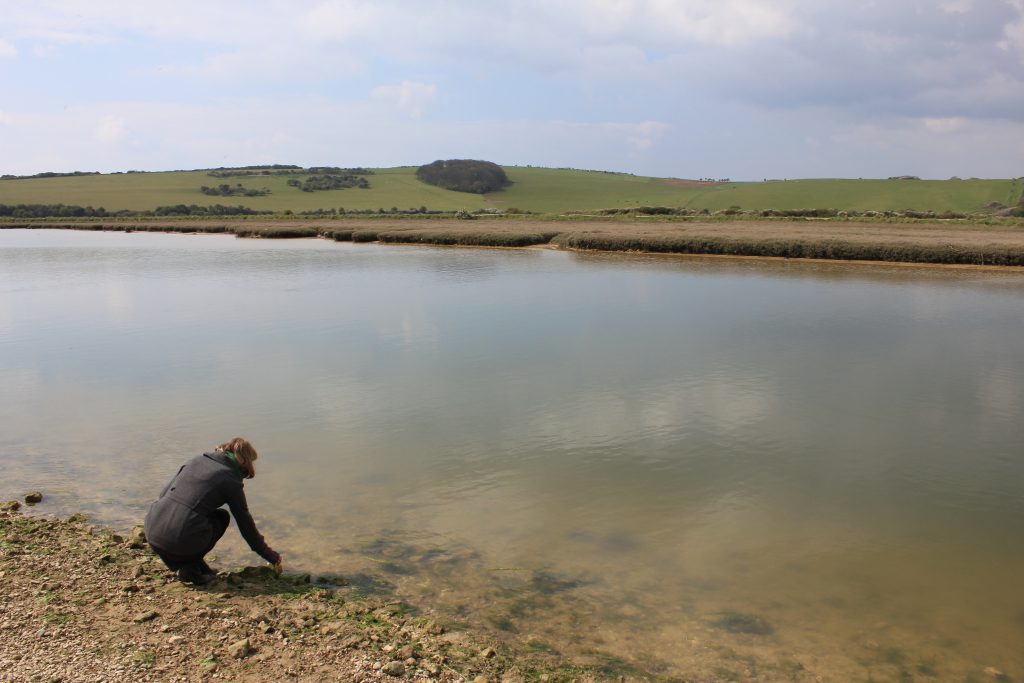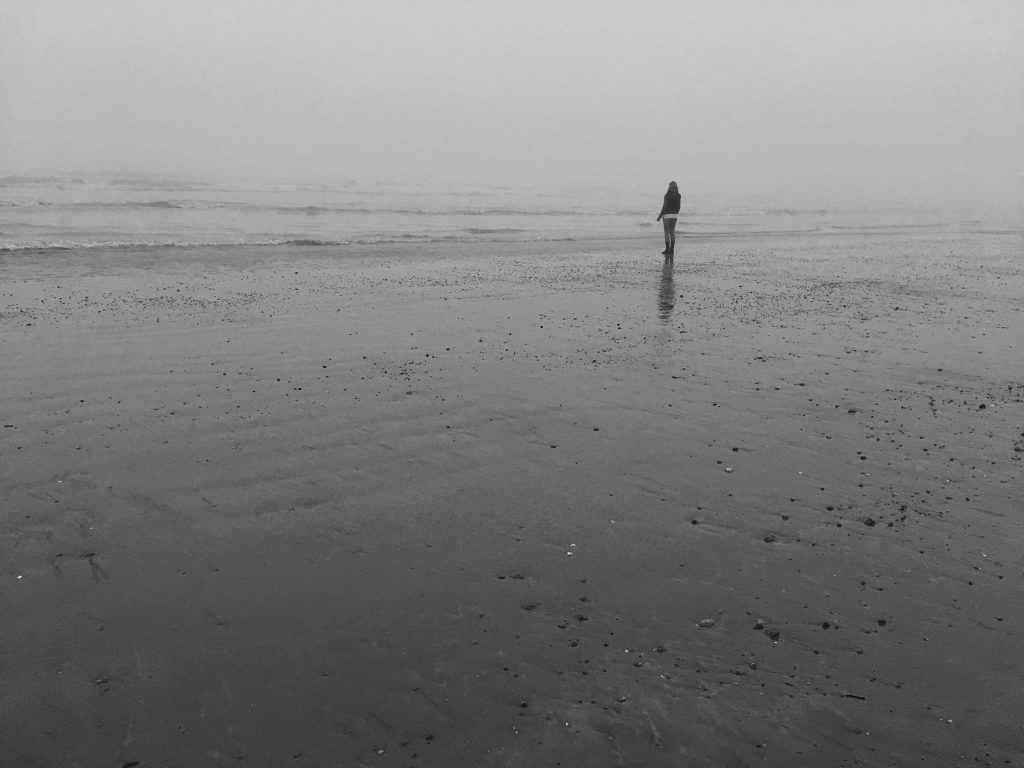A new anthology of women’s writing is currently open for submissions with Boudicca Press (details here).
In the course of a Twitter conversation last year, Verity Holloway and I met over shared interest in writing about experiences of our bodies falling from under us. Following Verity’s recent open heart surgery, and experience of rehabilitation and recovery, she had begun to write in an attempt to record and make sense of the surreal experience of surgery and post operative experiences she was having. I responded to Verity’s query, having been writing about my own experience of chronic fatigue and pain. From that by chance conversation we are now delighted that Nici West of Boudicca Press is helping us to take things forward in what will be a crowdfunded project with a collection of new writing – Disturbing the Body.
I wrote a short piece of what brought me to the project here, and in parallel to this piece wanted to write about why language and words are so important when it comes to writing about illness, disability, trauma and surgery, and in all aspects of considering ways in which we find our bodies do not behave as we would like or expect them to. The words we use are important, the narratives of these experiences are important. Whether experiencing illness, trauma or disability, we can be left feeling out of control, it can leave us feeling helpless and frustrated as we are not able to do the things we might previously have enjoyed. We can be left feeling ashamed, as if we are somehow responsible for these uncontrollable things, and are thus less than or weaker than others who do not have such experiences. In writing our own words and reclaiming our narratives, we can establish a new kind of relationship with our bodies, we can establish a new kind of mastery – of how we think about things, of how we make sense and project that sense into the world. The words we use are crucial.
We live in a world where story telling and narratives about illness and the body are constructed by medics, by society, by those who do not necessarily have first hand experience of these things. Others’ voices are emerging to change this, and I hope that this changes, not only their narratives of their individual experience, but the general narratives held for us all, and the potential to write our own. As has been highlighted again more recently, with the horrific pandemic currently tearing around the world, it is invariably narratives of war and battle that get retold – of winning and losing. This is no war or battle, illness is a part of life – it comes to us all eventually – and until we find ways of navigating it without blame or judgement, we will continue to suffer much more than necessary. Societal attitudes offer additional burden for people living with chronic illness and disability, and if writing helps change attitudes and reduce stigma, then this becomes an even more powerful thing to do.
Call for submissions is open until 7th May 2020.
If you are interested in reading more about these themes, there are many great writers to go to – see Sinéad Gleeson, Sarah Manguso, Sonya Huber and Susan Sontag.












 …and I stand and look at it directly, in the eye of the storm, and shout as loud as thunder. And still you do not hear. But it stills and it quietens, and I walk on.
…and I stand and look at it directly, in the eye of the storm, and shout as loud as thunder. And still you do not hear. But it stills and it quietens, and I walk on.
